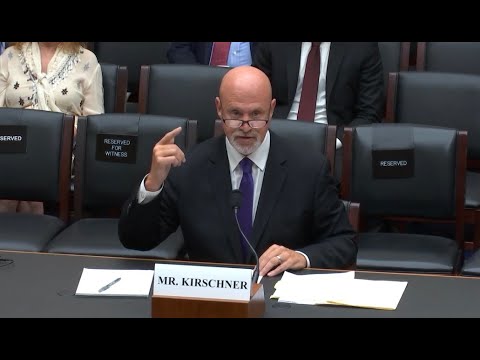Australia’s international borders will remain closed for at least another three months in a blow to almost 40,000 citizens still stranded overseas more than a year after the coronavirus pandemic began.
On Tuesday evening, Health Minister Greg Hunt announced the extension of the “human biosecurity emergency period” which bars travellers from entering Australia and stops citizens from leaving without an exemption.
The emergency period was previously scheduled to end on 17 March, exactly one 12 months after it was first introduced, but has now been extended to 17 June. This means Australia’s borders will have been closed for at least 15 months when it next expires.
“The extension of the emergency period is informed by specialist medical and epidemiological advice provided by the Australian Health Protection Principal Committee (AHPPC) and Commonwealth Chief Medical Officer,” Mr Hunt said in a statement.
“The AHPPC has advised the Australian government the COVID-19 situation overseas continues to pose an unacceptable public health risk to Australia, including the emergence of more highly transmissible variants.”
Mr Hunt said the extension of the emergency period was “about mitigating that risk for everyone’s health and safety”.
Currently, Australian citizens, permanent residents, and immediate family members located overseas are only able to reenter the country after completing a mandatory 14-day hotel quarantine at their own expense.
Strict limits on the number of available hotel quarantine places and fewer airline services have meant about 40,000 Australians still remain stranded overseas despite wanting to return home.
The ongoing emergency period will also extend restrictions on cruise ships entering Australia.
“The Australian Government continues to work closely with state and territory agencies, national health committees and the cruise industry to develop a framework for the staged resumption of cruise ships in a manner that is proportionate to the public health risk,” Mr Hunt said.






